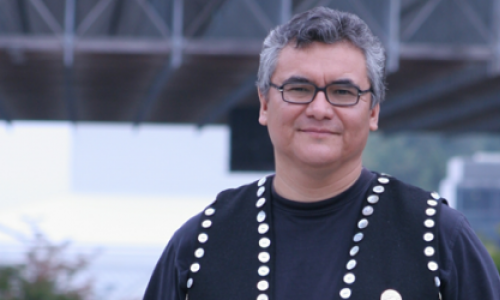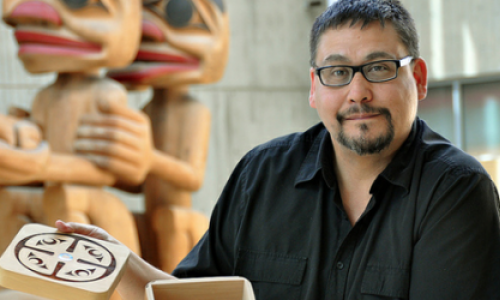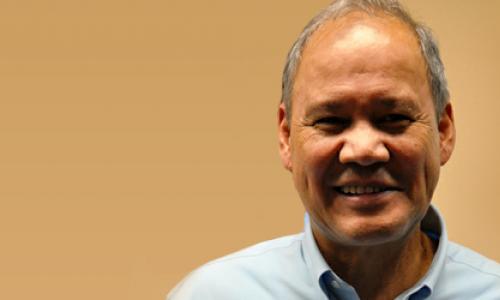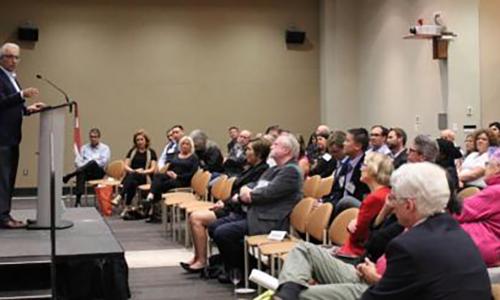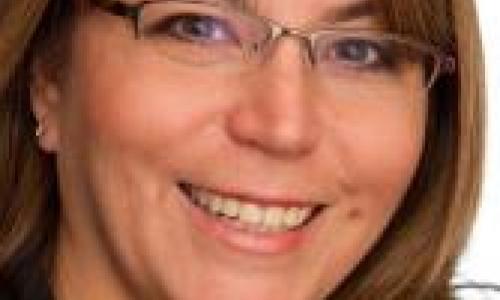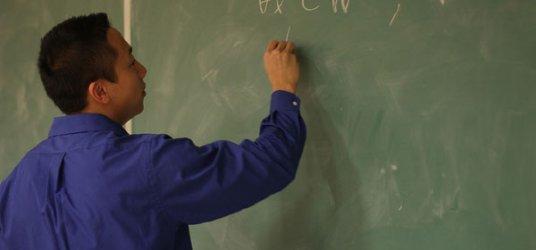
Student-teacher communication is one of the most important factors in University Success. However, if not done properly, it can lead to a series of frustrations from both sides. In other words, not just any form of communication is beneficial—it has to be done properly. Here is an will outline of the seven most important reasons why you would talk to your professors.
1. Get Facts Straight
Anything unclear during the class, as well as any related questions should be asked at the end of the lecture or shortly afterwards. Don’t wait till finals week or even after them to clear out some fact you might have missed in a class at the beginning of the semester—it will only make it harder to prepare for the exam.
2. Get to Know the Professor’s Expectations
Learning what the professor actually expects you to know will help you prepare for the finals but also pinpoint the most important aspects in that course. Such pieces of advice will help you throughout college.
3. Career Counselling
Teachers are there to help you pick a major and to give you further tips on your future career and possibly a major. Your professors can assess your strong points and advise you on a path to follow.
4. Prepare for the Internship or SFU Co-op
Student internships can be of major help towards your future career, if done properly. You will experience being a full time employee with your chosen company, so picking up the best offer is of crucial importance. Address your college professors for advice on which venture to take.
5. Receive Assistance
Your teachers, counsellors and academic advisors are there to help you. You just have to ask.
6. Help You Learn Better
Effective communication between students and faculty will help you with your learning process. A continuous feedback from the students’ side can often help professors come with better teaching methods—this is what end-of-semester evaluations are for.
7. Stand Out in a Crowd
Failing to communicate with your teachers will make you “one of the many”. While this doesn’t mean you should try to become “the teacher’s pet”, do make yourself noticed.










